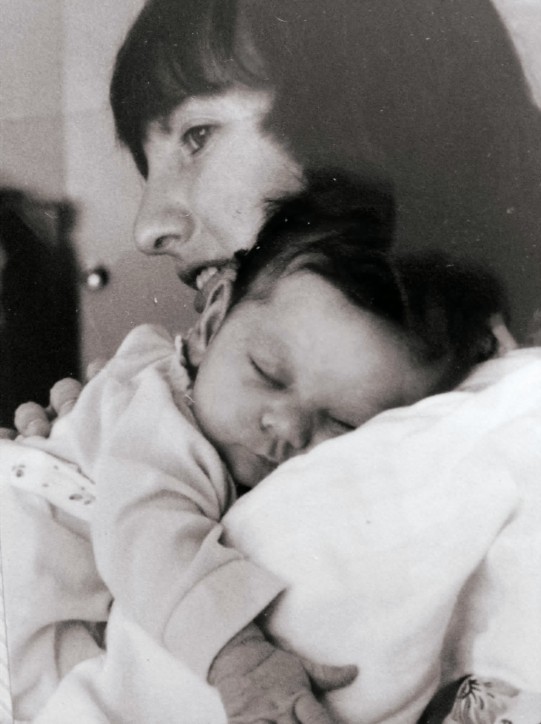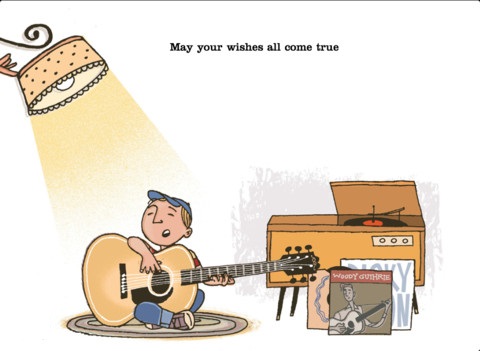I haven’t really been writing a lot recently. More accurately, for awhile this winter, I was writing a LOT. But it was freelance work that resulted in me being paid money, which you have to admit takes precedence over writing a blog that hardly anyone reads.
But aside from that, what I have mostly been doing in my free time is exercising. I’ve been taking classes at the gym with my friends, getting strong and having kind of an awesome time doing it. Like, I have actual, discernible muscles in my arms. I can do a push up. A REAL push up, with my knees up and my nose all the way to the ground. I’ve been squatting and planking and even doing a class with the word “turbo” in it.
The reason why I have been exercising so much goes all the way back to last year, which I refer to as The Year of Pestilence. After spending roughly half of the winter in my doctor’s office, she finally sat me down and said, in a nice doctorly way, that my immune system is shit. She put me on vitamins and supplements and probiotics. She also told me that regular exercise is key to building stronger immunity.
This suggestion felt a little unfair at a time when I had gone from running half-marathon distances to being barely able to wheeze my way through a mile. But I took her advice and I made it a priority to be regularly active.
At this point, I can’t really comment on the effectiveness of regular exercising on boosting the immune system. I am currently on a break because I am battling bronchitis. Again. I can hear the rattling in my chest as I write.
But here is what I can say about exercise: it makes you stronger and more fit. It is good for you emotionally as well as physically, especially if you do it with friends. It’s a good thing.
We certainly hear enough about it, especially around this time of year when “bathing suit season” is looming on the horizon. Everywhere I look, someone is pushing a 21-day this or a 30-day that. Words like “new you!” and “transformation” and “life-changing” are only outnumbered by words like, “Get a beach body by June!” and “YOU can have THIS body too!”
You can have “this body,” (someone else’s body, in point of fact) if only you take the following steps. You can “sculpt” and “tone” and “food system” yourself to an idea of perfection embodied by someone else.
I’m not saying there is anything wrong in encouraging and helping people to be fit and to eat healthfully. We need to care for our bodies if we want to keep them around.
What I find so disturbing is the message that we should be so dissatisfied with our own flesh that we need to force it into someone else’s mold.
Because here’s the thing. You won’t ever have any body but your own body. You are what you have right now. You can work to make it stronger and healthier. But at the end of the day, it will still be the same body that has brought you through life from the day you were born to this very moment. That is something to rejoice in, not reject.
And I think the message that we need to transform our bodies, that, with work, we can reshape ourselves into someone else’s proportions is a dangerous one.
Because, why should we strive to be what someone else is? Why aren’t we good enough in the skin we have? And who is it, really, who gets to decide what a “perfect” body is? Why does the message always have to be that we need to make some sort of fundamental change to be our best?
When I see these claims — that the perfect body is hiding somewhere under the skin I already have, that all I have to do is carve it out of myself — I get frustrated, not motivated.
I also get angry, because these are the messages that my daughters are going to grow up hearing. Their little bodies, perfect in every way, amaze me every day with what they can do. And someday they are going to hear the message that those bodies aren’t good enough. They are going to be told that they really should be striving to have the body of someone else, someone who is, ostensibly, better than they are.
I’m not OK with that. I made those bodies — those bodies are miracles. And it really bothers me to know that someday — in the not-too-distant future — they will be made to feel as though their bodies are less than miraculous.
I also know that the loudest message of all will come from me, and how I treat my own body.
So from now on, my “beach body” will be me, wearing a bathing suit, on the beach. It will be the same body that I take with me on runs, the one that carries my children up to bed, the one that I have relied on all my life. Sometimes, it will be strong and fit. Sometimes, it will be rattly and sick. But whatever it is, it will be mine.

These are bodies. They are on a beach. They are beach bodies.












